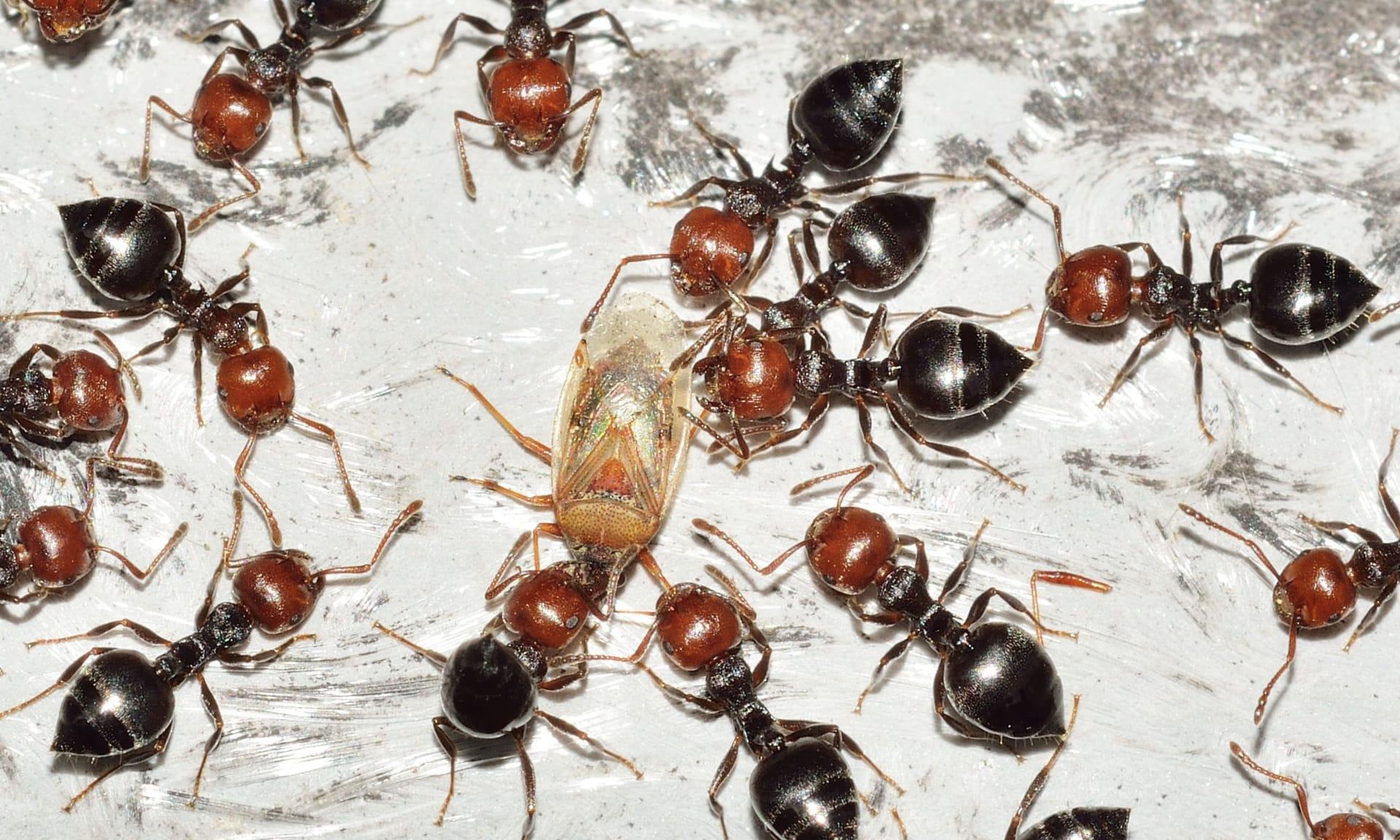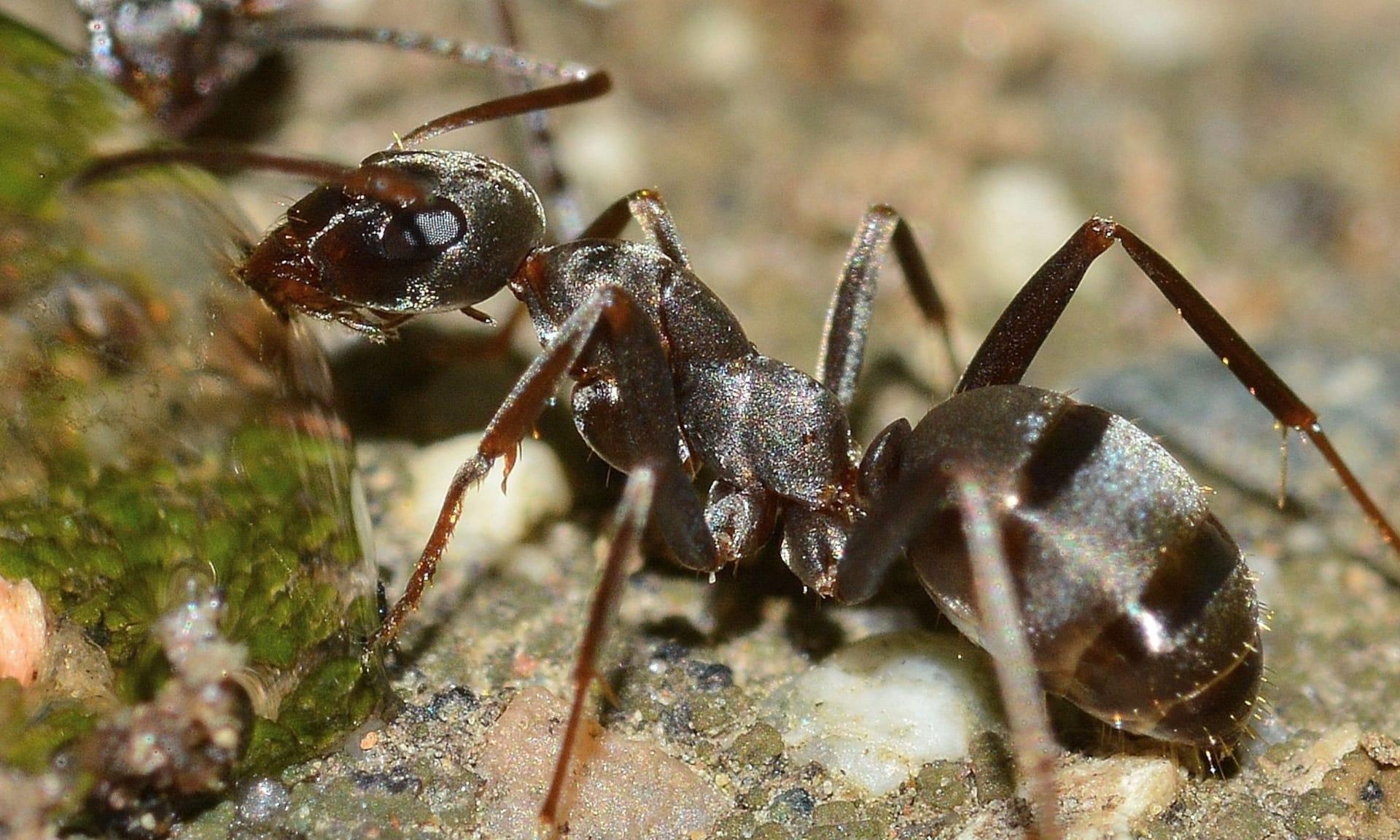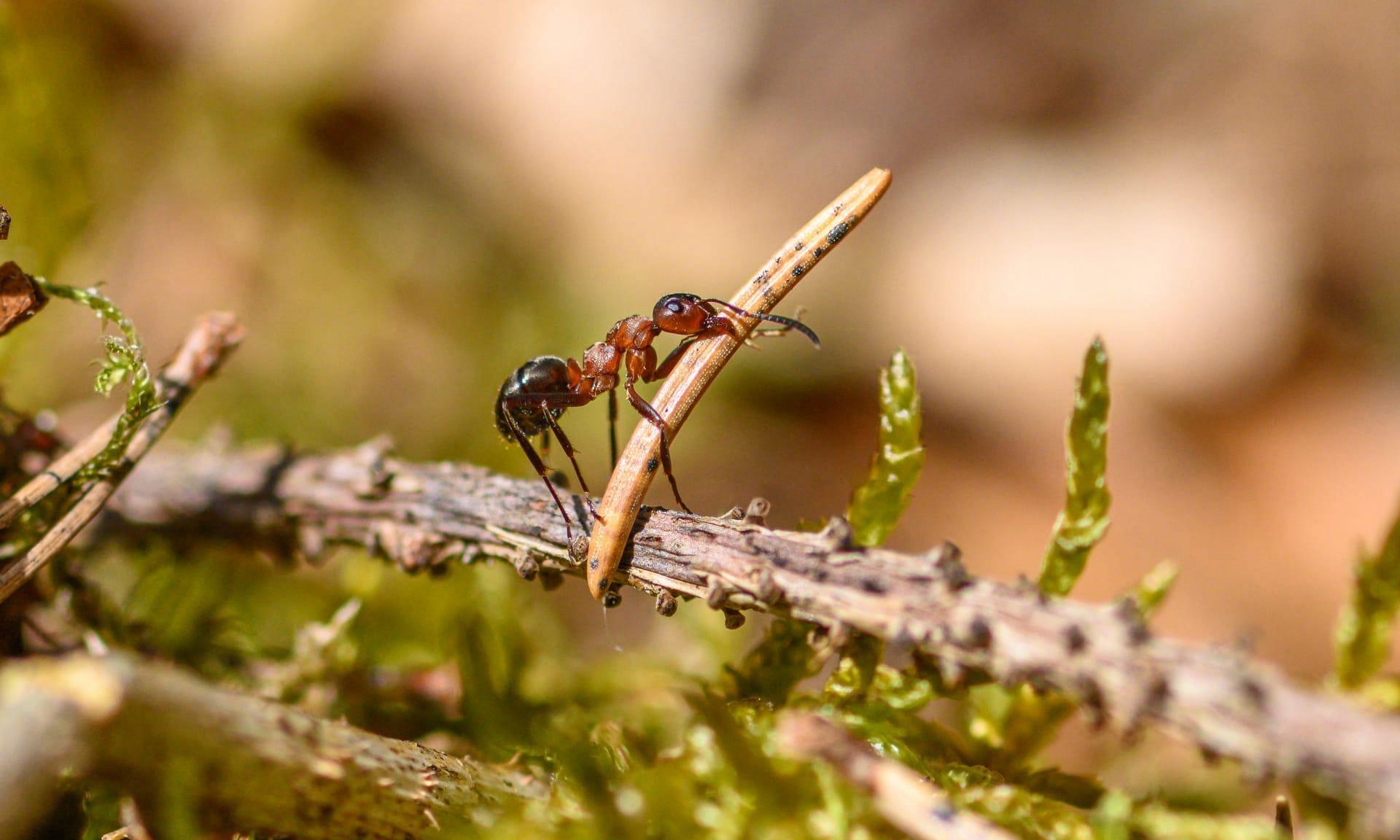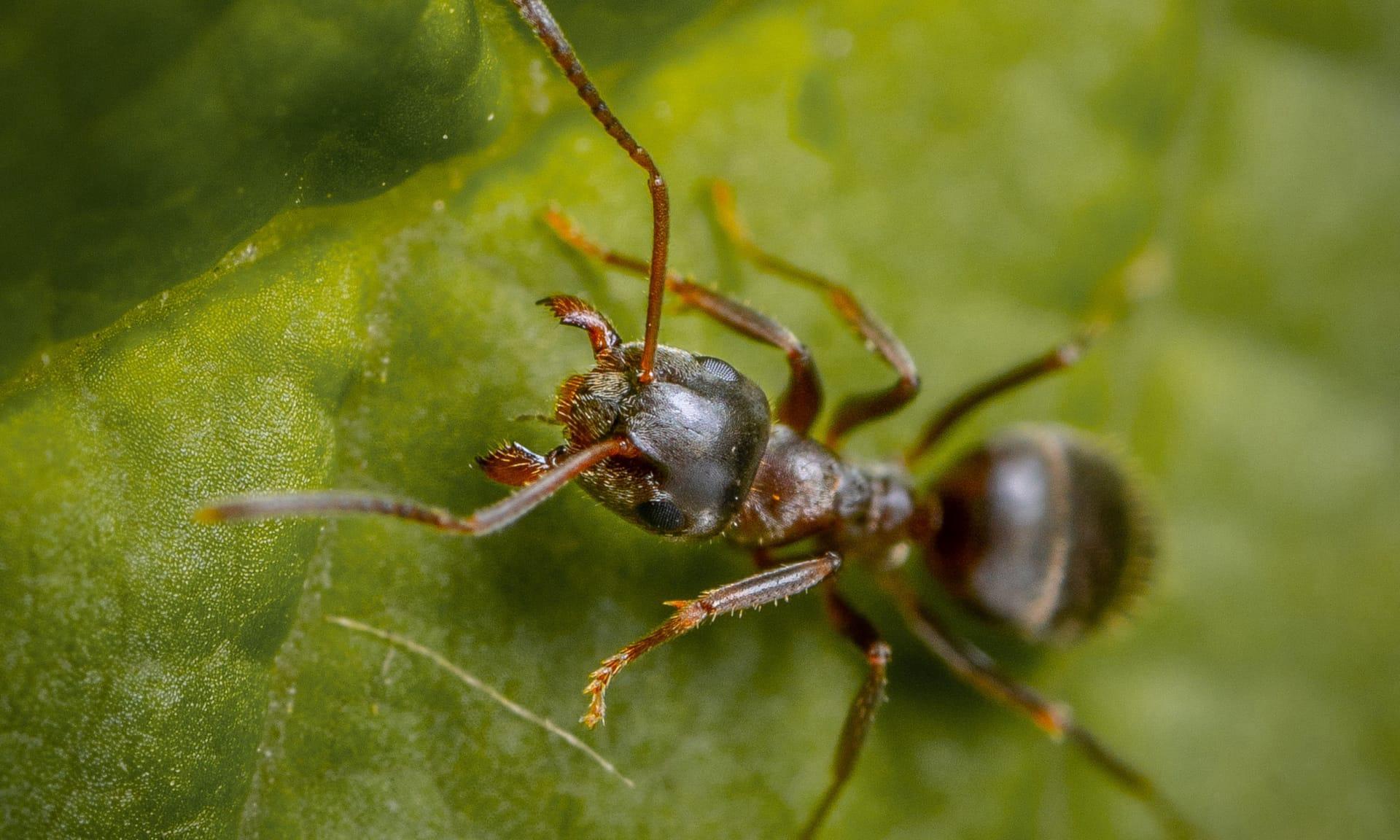Queen Ants Trivia
- Home /
- Trivia Question /
- Animal /
- Queen Ants Trivia
1
Question: How long can a queen ant live?
Answer: Queen ants are among the longest-living insects, with some species living up to 30 years! This extraordinary lifespan is significantly longer than that of worker ants, which typically live only a few months. The longevity of queen ants is attributed to their protected living environment within the colony and their vital role in reproduction.
Question: What distinguishes a queen ant from other ants in the colony?
Answer: Queen ants stand out in several ways. First, they are usually larger than other ants in the colony, especially in terms of their abdomen, which is adapted for egg-laying. Additionally, young queen ants have wings, which they use to leave their birth colony and mate. After mating, they shed these wings, a process called "dealation." The presence of wing scars on their thorax is a telltale sign of a mature queen ant.

2
Question: Do queen ants do anything besides lay eggs?
Answer: Contrary to common belief, queen ants have more roles than just egg-laying. In the early stages of a new colony, the queen is often the sole provider. She cares for her initial brood, feeding them with nutrients derived from her own muscle tissue and wing fat. This initial care is crucial for the survival and growth of the colony.
Question: Is it true that all ant colonies have only one queen?
Answer: This is a common misconception. While many ant species are monogynous, meaning they have only one queen, others are polygynous and can have multiple queens. The number of queens in a colony can affect its growth rate, structure, and behavior. Polygynous colonies tend to grow faster and can become larger than monogynous colonies.

3
Question: How does a queen ant become the queen of a colony?
Answer: The process begins with a mating flight, where virgin queens and male ants from various colonies take to the air and mate. After mating, the queen lands, sheds her wings, and searches for a suitable place to start her colony. Her fertilized eggs develop into worker ants, who then take over the duties of foraging and expanding the colony.
Question: Can queen ants control the type of offspring they produce?
Answer: Yes, queen ants have a remarkable ability to control the sex and role of their offspring. They can lay fertilized eggs, which develop into female workers or new queens, and unfertilized eggs, which become male ants. This control is crucial for maintaining the balance of roles within the colony and ensuring its survival.

4
Question: What happens to a queen ant if she fails to mate?
Answer: If a queen ant fails to mate, she typically cannot establish a successful colony. Without mating, she can't produce fertilized eggs, which means no worker ants to build and maintain the colony. In most cases, such a queen would not survive long.
Question: How do queen ants communicate with other ants in the colony?
Answer: Queen ants primarily communicate through pheromones, which are chemical signals. These pheromones can convey a range of messages, including the queen's reproductive status, and help maintain social order within the colony. Worker ants can detect these pheromones and respond accordingly, ensuring the colony functions efficiently.

5
Question: Do queen ants ever leave the colony?
Answer: Once a queen ant establishes her colony, she rarely leaves it. Her primary role is to lay eggs and maintain the colony population. The only time a queen ant leaves her birth colony is during her mating flight. After that, she spends the rest of her life within the safety of her new colony.
Question: What happens to an ant colony if the queen dies?
Answer: The death of a queen ant can significantly impact the colony. Without a queen, the colony can no longer produce new ants, leading to a gradual decline in population. In some species, worker ants may try to raise a new queen from the existing brood, but if this is not possible, the colony eventually dies out.